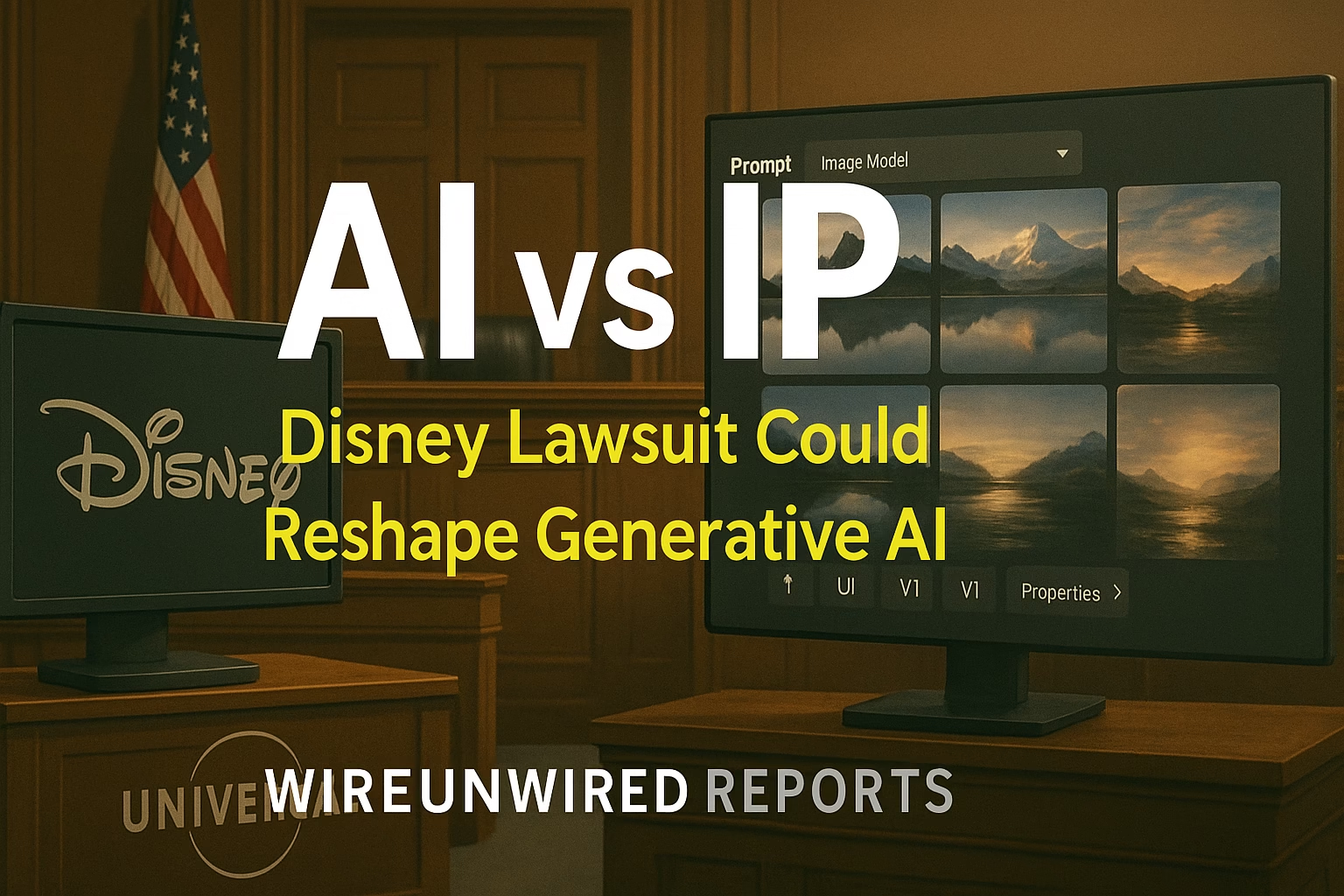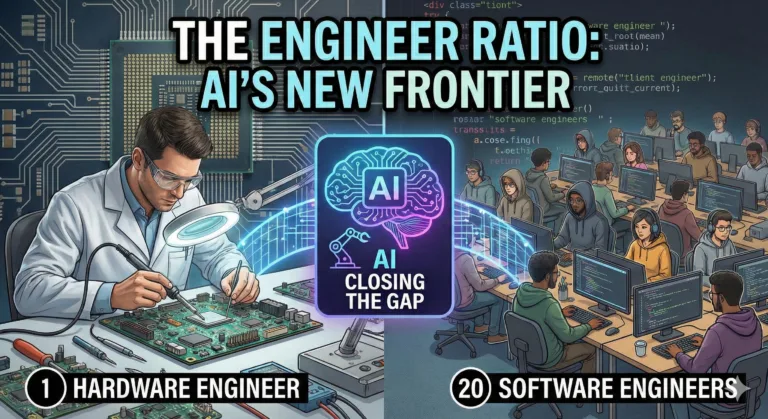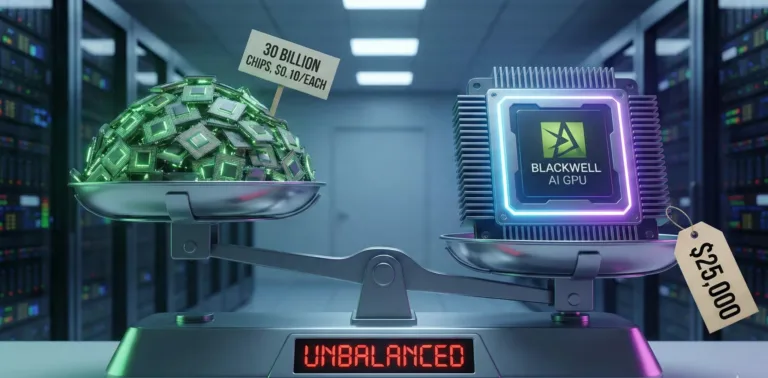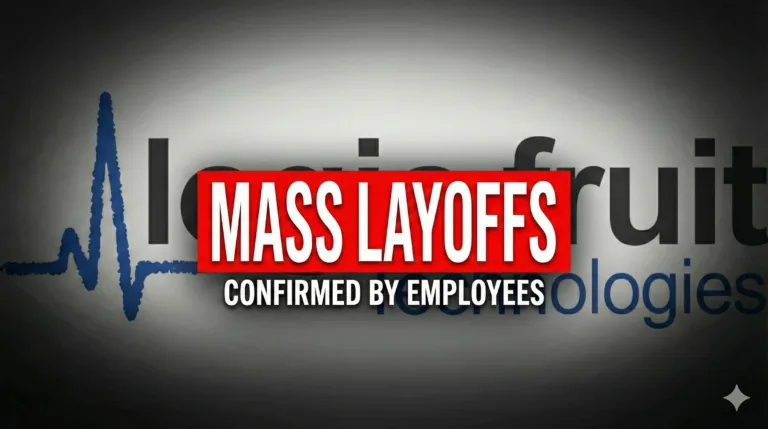In an iconic “Disney vs Midjourney Lawsuit” ,Disney and Universal are suing Midjourney for letting users generate AI images that resemble their most iconic characters—Elsa, Darth Vader, Minions, and more. At first glance, it looks like a copyright dispute. But to me, this case is something else entirely. It’s the moment when the AI industry is being asked to confront the way it learns—and whether that learning respects the rights of creators.
The Line Is No Longer Blurry:Disney vs Midjourney Lawsuit.
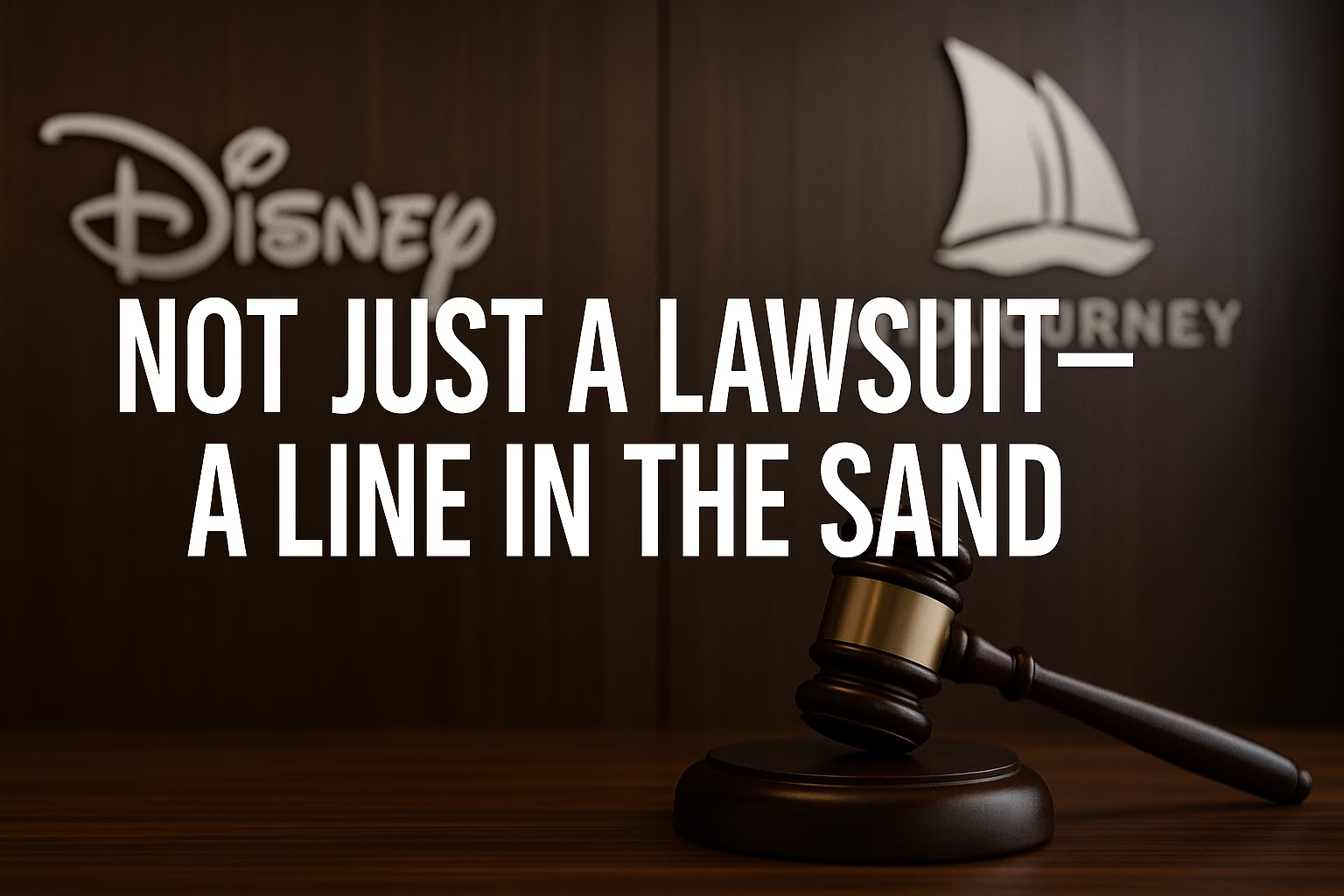
Midjourney is the first target, but the issue is industry-wide. Most generative models—whether for images, voices, music, or video—are trained on content pulled from the open internet. The assumption has been: if it’s out there, it’s fair game. But studios like Disney are now pushing back, saying that copying patterns from copyrighted work—even without direct reproduction—still amounts to infringement.
As AI becomes better at mimicking, the line between inspiration and imitation is disappearing. This lawsuit is forcing a decision: do we continue with models that quietly inherit the internet’s content, or do we start building systems that ask first?
TRENDING
What Happens If the Disney Studios Wins ?
If Disney wins this case, I think we’ll see three big changes.
- First, generative AI companies will need to clean up their datasets. Scraped content without permission? That’s going to be a legal liability. Expect a shift toward licensed, trackable data—just like how music streaming moved away from piracy toward paid models.
- Second, we’re likely to see similar lawsuits across the board. Models that generate celebrity voices, realistic avatars, or iconic film styles will all come under scrutiny.
- Third, a new industry will emerge: ethical training data. Think of it as the Shutterstock of machine learning. Legal, tagged, verified datasets that developers can trust. Yes, it’ll slow things down a bit. But it’ll also build the foundation for more sustainable AI.
Everyone Needs to Pay Attention...
This isn’t just a wake-up call for AI companies. It’s a turning point for creators, regulators, and even users.:WireUnwired
For developers, it means being able to prove where your model’s knowledge came from—and whether it had permission to learn from it. That’s not a side concern anymore. It’s going to be core to product design.
For artists and designers, this lawsuit may finally create guardrails that protect their work. After years of seeing their styles absorbed into training sets with no credit or consent, they’re watching closely—and they’re expecting change.
For lawmakers, it’s clear: the courts are moving faster than policy. If you want to shape how AI and copyright coexist, now’s the time.
Conclusion :The Next Phase of AI Starts Here
This lawsuit doesn’t mark the end of generative creativity. But I do think it marks the end of doing it without accountability.
At WireUnwired, I believe the future of AI will be built on consent, clarity, and creative integrity. Not shortcuts. Not silence. Generative tools can still amaze us. But they’ll need to respect the human effort they’re built on.
This is the start of that shift. And I’ll be watching where it goes next.
Discover more from WireUnwired Research
Subscribe to get the latest posts sent to your email.

